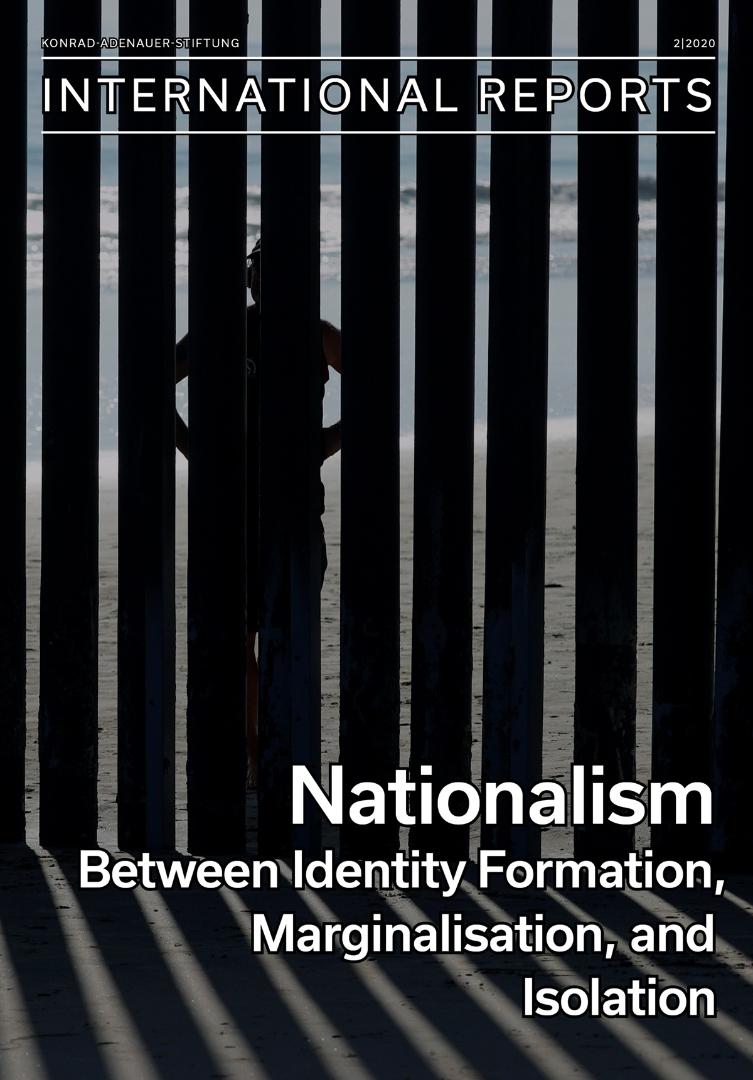“It is very important to us that together we find a strong response to the coronavirus. It knows no borders, it knows no nationalities.” These are the words of Ursula von der Leyen, President of the European Commission, with regard to the coronavirus crisis. The outbreak of COVID-19 and the subsequent sustained pandemic have created a new level of global emergency in early 2020. This includes the closure of borders and introduction of border controls within the European Union.
Show table of contentsAbout this series
International Reports (IR) is the Konrad-Adenauer-Stiftung's periodical on international politics. It offers political analyses by our experts in Berlin and from more than 100 offices across all regions of the world. Contributions by named authors do not necessarily reflect the opinions of the editorial team.
Ordering Information
Our periodical on international politics is published four times a year. We provide you with background information on what is happening in the world – free of charge. Use our registration form and with just a few clicks you can read the digital version of our political journal or order the print version in German or English.
Editor
Dr. Gerhard Wahlers
ISBN
0177-7521
Benjamin Gaul

Head of the Department International Reports and Communication






